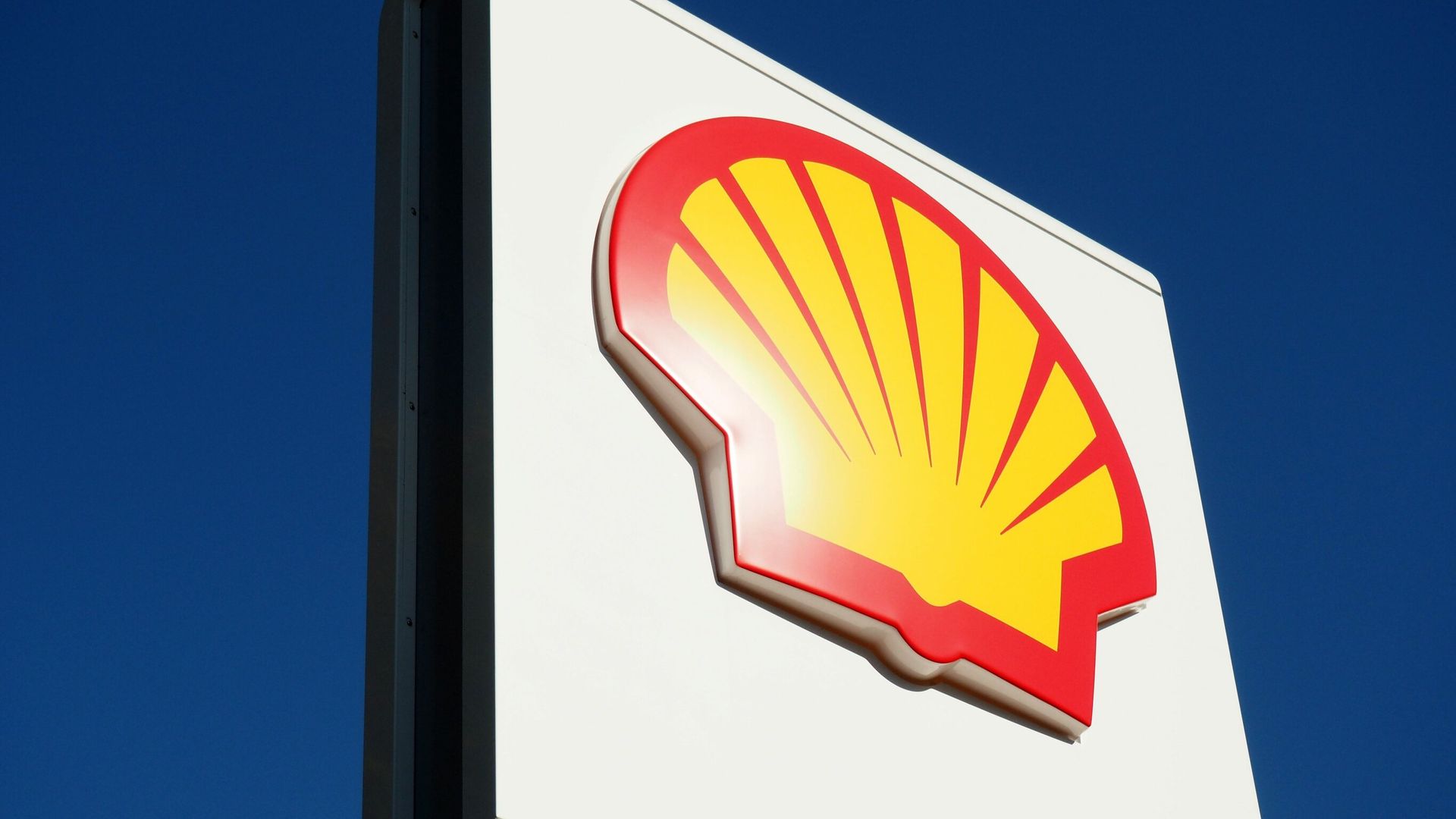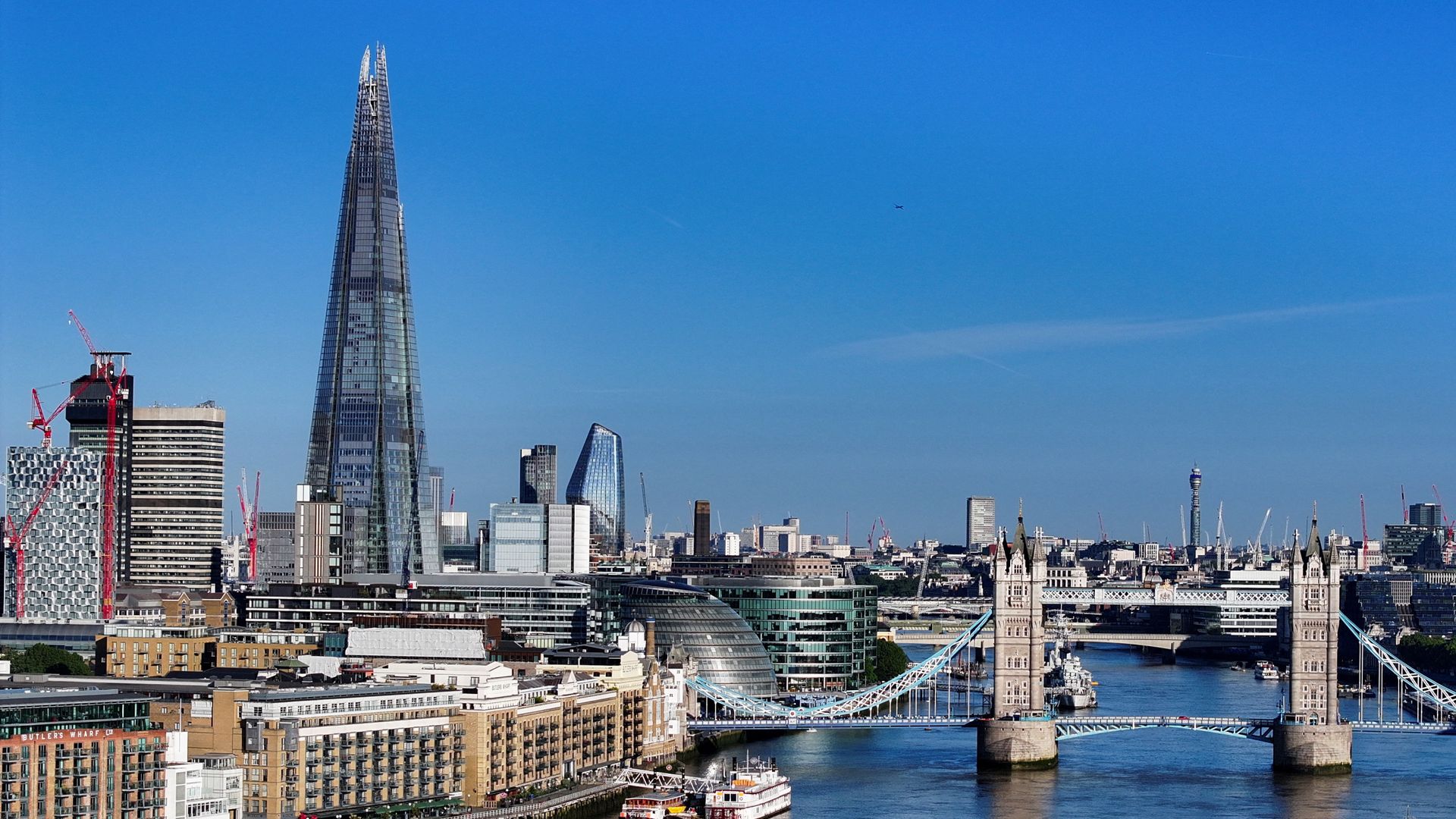
The Western Hemisphere’s two largest nations appear headed for a full-blown trade war — with a twist.
President Trump on Wednesday pledged to impose 50 percent tariffs on Brazilian imports. His rationale wasn’t entirely economic — the United States has a trade surplus with Brazil — but political. Mr. Trump said Brazil was carrying out a “witch hunt” against his political ally, former President Jair Bolsonaro, who is facing trial for attempting a coup.
A few hours later, President Luiz Inácio Lula da Silva of Brazil said his government would respond with its own tariffs on U.S. imports. “Brazil is a sovereign nation with independent institutions and will not accept any form of tutelage,” he said in a statement.
Brazil is weighing tariffs on specific American products or sectors, according to a senior Brazilian official who spoke on the condition of anonymity to discuss closed meetings. Seeking to minimize any jolt to Brazil’s economy, the government does not plan to apply broad-based tariffs on all American products, the official said.
The feud is the latest in a long-running saga involving Mr. Trump, Mr. Bolsonaro and Mr. Lula, and it shows how Mr. Trump is using tariffs to settle scores against his political enemies.
What did Trump threaten, and why?
Mr. Trump said he would apply a 50 percent tariff on all Brazilian imports starting Aug. 1. If Brazil retaliated with its own tariffs, Mr. Trump said he would tack on additional tariffs.
In an extraordinary move, Mr. Trump made clear that his goal was to come to the rescue of his ally, Mr. Bolsonaro, who is facing a potential prison sentence in Brazil if convicted on charges that he attempted a coup in 2022.
“This Trial should not be taking place,” Mr. Trump wrote in a letter to Mr. Lula. “It is a Witch Hunt that should end IMMEDIATELY!”
Mr. Trump also said that Brazil was infringing on Americans’ free speech rights. Mr. Trump’s media company has sued a Brazilian Supreme Court justice over his court orders to American tech companies to take down social media accounts that he says have threatened Brazil’s democracy. Some of those accounts have belonged to people living in the United States.
Mr. Trump also cited vague economic reasons for the tariffs, such as “unfair Trading Practices,” and ordered U.S. officials to open a trade investigation into Brazil.
He said incorrectly that the United States had a trade deficit with Brazil. Last year, the United States had a $7.4 billion trade surplus with Brazil on about $92 billion in trade.

What products does Brazil export to the U.S.?
The United States is Brazil’s second biggest trading partner, after China. The United States accounts for roughly 12 percent of all Brazil’s exports.
Brazil and the United States mainly trade in fuel products, iron and steel, aircraft and machinery. Brazil also sells commodities like coffee, tea, beef, orange juice and spices to the U.S. market.
One possible impact of tariffs could be higher coffee prices in the United States. Brazil is the world’s biggest producer of coffee and the United States is its biggest customer. Last year, 30 percent of all coffee imports to the United States came from Brazil, according to the U.S. International Trade Commission.
Global coffee prices have already jumped this year, fueled by a smaller harvest following extreme drought in Brazil last year. The impact of tariffs could come at a time when Americans are drinking more Brazilian coffee: trade data this year showed a surge in U.S. imports of Brazilian coffee.
What is Trump’s history with Bolsonaro and Lula?
In Mr. Trump’s first term, few world leaders were more reliable allies than Mr. Bolsonaro.
Mr. Bolsonaro modeled his political style after Mr. Trump, using crude language, embracing stances that were criticized as offensive to women and minority groups, firing off combative social media posts and attacking the press and courts. The approach earned him the nickname “Trump of the Tropics.”
The two men met at the White House in 2019 and at Mar-a-Lago in March 2020.
After Mr. Trump lost the 2020 election, Mr. Bolsonaro publicly questioned the results and was one of the last heads of state to recognize former President Joseph Biden’s victory.
Months later, key Trump allies backed Mr. Bolsonaro’s claims that Brazil’s elections were vulnerable to fraud. After Mr. Bolsonaro lost Brazil’s 2022 vote, he fled to the United States for several months, speaking at the same Conservative Political Action Conference event as Mr. Trump.
At the same time, Mr. Lula bonded with Mr. Biden as two presidents who overcame attempted insurrections, and last year, he openly supported Kamala Harris against Mr. Trump.
Since Mr. Trump’s return to office, he and Mr. Lula have yet to speak. Instead, they have publicly criticized one another.

What is the case against Bolsonaro?
Mr. Bolsonaro is accused of overseeing a vast conspiracy to cling to power after losing the 2022 presidential elections, including an attempt to overturn the vote and a plan to assassinate his rival, Mr. Lula, before he took office.
Following a nearly two-year investigation, Brazilian authorities charged the former president and several members of his inner circle with plotting “violent abolition of the democratic rule of law” and “coup d’état,” among other crimes.
In an 884-page report unsealed last year, investigators accused Mr. Bolsonaro of directing and approving the conspiracy, which included plans to annul the election results, disband courts and grant special powers to the military.
After Mr. Lula took office in January 2023, a mob of Bolsonaro supporters ransacked government buildings in a failed attempt to overthrow him.
Mr. Bolsonaro has denied plotting a coup but, during a deposition before the Supreme Court last month, he admitted that he had “studied other alternatives within the Constitution” that would allow him to remain in power after his electoral defeat. He has denied any knowledge of what prosecutors say was a plan to assassinate Mr. Lula, his vice president and a Brazilian Supreme Court justice.
Brazilian federal police said that they found digital evidence, including from USB drives and cellphones, that an official in the Bolsonaro administration twice printed out the assassination plot in the presidential offices. Once, Mr. Bolsonaro was at the offices, while the other time, the official took the document to the presidential residence, according to police.
A trial is expected to begin as early as next month. If Mr. Bolsonaro is found guilty, he could face years of prison.
Polls show that Mr. Bolsonaro is slightly leading Mr. Lula ahead of next year’s presidential election, though his lead is within the polls’ margin of sampling error. Yet Brazil’s electoral court has barred Mr. Bolsonaro from running for office until 2030 for sowing unfounded doubts about Brazil’s electoral systems.
What happens next?
The two countries could be headed for a deadlock on Mr. Bolsonaro’s case.
Mr. Lula made clear on Wednesday that Brazil would not drop the charges at Mr. Trump’s request. The case “is the sole responsibility of the Brazilian Judiciary.”
Instead, Brazil aims to lean on diplomacy in hopes that Mr. Trump will change his position, the Brazilian official said.
In an interview with a Brazilian news outlet on Thursday, Mr. Lula took a measured stance, laying out his plans to respond with tariffs and complain to the World Trade Organization, while also highlighting longstanding diplomatic relations between the Brazil and the United States.
“Brazil is a country where everything is resolved through conversation,” he said.
Paulo Figueiredo, a prominent right-wing Brazilian pundit who lives in Florida, has been lobbying the Trump administration to take action against Brazil’s Supreme Court and help Mr. Bolsonaro.
He said in an interview that Bolsonaro supporters are now hoping that Mr. Trump’s actions push Brazil’s Congress to pass a so-called amnesty law that would effectively make Mr. Bolsonaro immune from prosecution. Mr. Lula would almost certainly veto such a law, but a large majority in Congress could overturn a veto. That scenario appears unlikely.
Flávia Milhorance contributed reporting.










-3.png)



